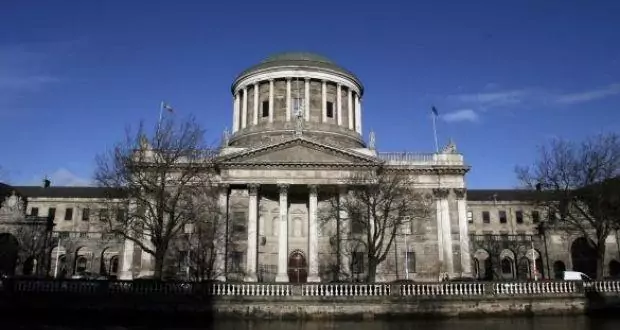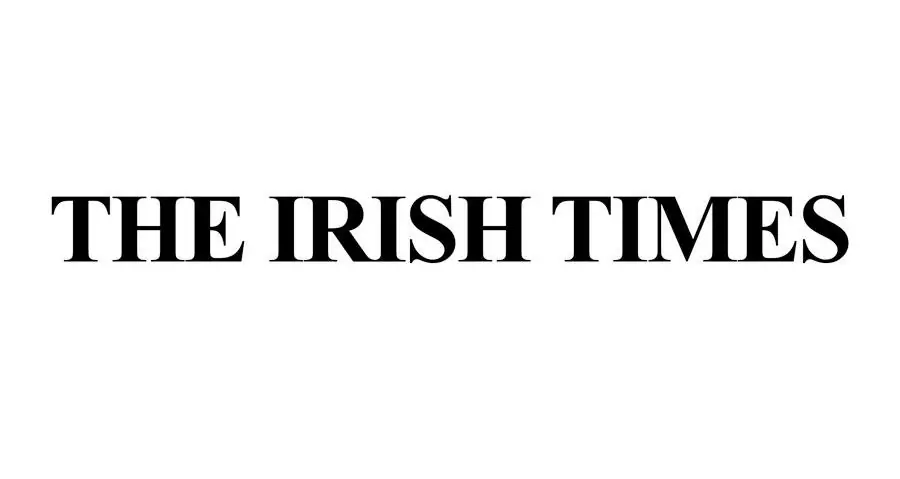
A lorry driver and his partner who were refused permission to exchange their South African driving licences for Irish licences because they were asylum seekers have won a High Court challenge to the decision.
The couple came here in September 2019 seeking asylum and their application for international protection has yet to be processed. They claimed the Road Safety Authority (RSA), through the National Driving Licence Service, was discriminating against them over the licence exchange.
Under recent law changes allowing asylum seekers to work after nine months (now six months), they applied to exchange their South African licences but were refused on the basis they did not have a valid residence permit.
The couple, represented by KOD Lyons Solicitors, brought High Court proceedings against the RSA, the Minister for Transport, Tourism and Sport, and the State, claiming discrimination.
The RSA said the residency requirement for a licence is required in order to give effect to a European Union driver licence directive. It denied there was any unlawful discrimination.
The couple argued that the RSA had wrongly interpreted the 2006 Road Traffic Act (Licensing of Drivers) Regulations by saying the couple has some higher form of residency requirement than any other resident of the country.
The case was the lead case for a number of similar cases. The Irish Human Rights and Equality Commission was an amicus curiae – assistant to the court – in the case and argued in support of the couple.
On Friday, Mr Justice Mark Heslin found the issue of immigration status did not appear in the relevant EU directive or in the 2006 Licensing of Drivers Regulations which transpose the directive.
Nor did it feature in 2016 regulations which introduced amending the form for a licence, he said.
The only reference in the checklist of the latest form is what was called evidence of residency entitlement.
There was nothing in the regulations that created a requirement for what the RSA referred to as “regular immigration status”, he said.
The couple have a statutory entitlement to reside in this State until their international protection application has been determined.
On the evidence, they are normally resident in this State in the sense that this is where they usually live.
Under the 2006 regulations it is “normal residence” which an applicant is required to demonstrate, not “regular immigration status, whatever that phrase might mean”, the judge said. It was a phrase found nowhere in the directive, the Road Traffic Acts or the 2006 regulations, he said.
He rejected as incorrect the RSA proposition that the definition in the regulation of “normal residence” was only confined to situations “where a person’s normal residence will be when he lives in more than one place”.
To interpret the relevant regulation as laying down a minimum requirement – in terms of days or years – below which a person cannot be said to have normal residence “would also be to do violence to the words used in the 2006 regulations”, he said.
Once a licence applicant clears the hurdle of their normal residence not being unlawful, it would be “to strain beyond breaking-point” the literal meaning of the words used in the 2006 regulations.
He was entirely satisfied the couple were entitled to a declaration the regulations do not require them to establish any further right of residence than they currently have.
They were entitled to an order quashing the decision of November 2019 refusing to exchange their licences, he said.
Do not hesitate to contact Stephen Kirwan of this office at stephen.kirwan@kodlyons.ie should you need any assistance in light of the issues raised.
See the original article on the The Irish Times.
Get in touch
Leaders in our field and winners at the Irish Law awards we have proven expertise in immigration and international law, child and family law and personal injury litigation.
Tel: +353 1 679 0780
Email: info@kodlyons.ie








